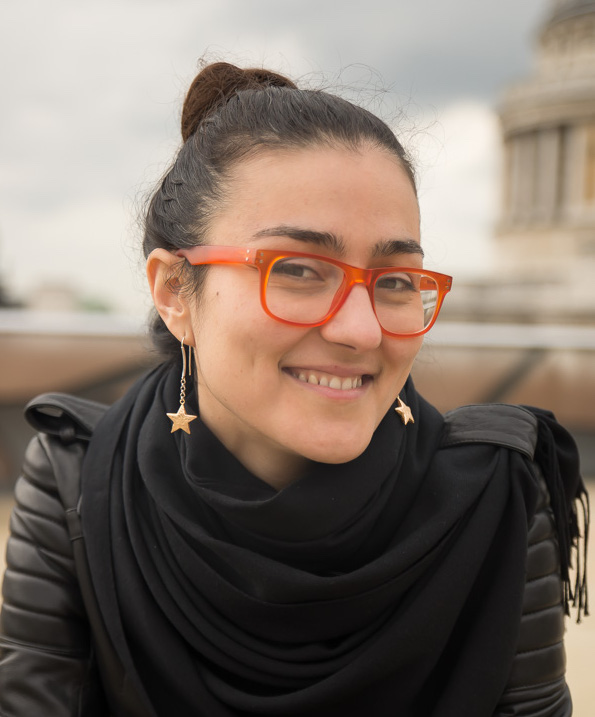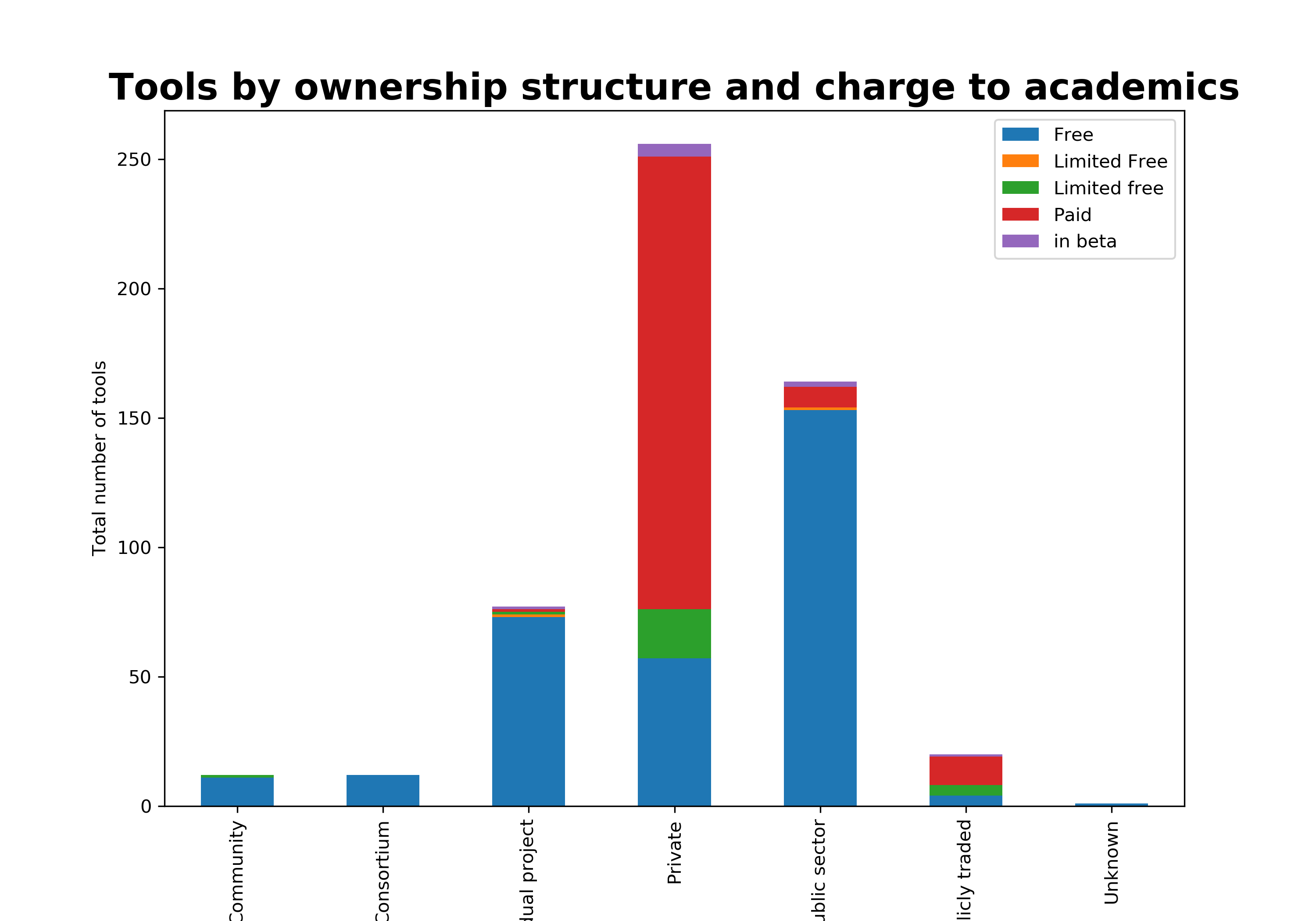Courage, where is it?
I never thought of what courage was or whether I had any until I volunteered to speak at The Quarter Club a few weeks ago. It was an incredible experience! And oh what an intense and anxious couple of days, building up to that hot Monday in July. All kinds of thoughts were running through my head: from doubting myself to fascination about the courage I’ve seen around me.
As I heard all the fantastic women speak before me, I was feeling even more intimidated by the breadth of courage present at the AllBright-hosted event.
In my 5 minutes, I reflected about courage across my own lineage of strong women, who lived through a liberated Romania and the Soviet Russia.
If I were to ask my great-grandmothers what courage meant to them when they were my age, they would probably tell me about the wives of the decembrist revolutionaries (the intellectuals that rose against the new reign in Imperial Russia), who followed their husbands to Siberia, leaving friends and riches behind.
When I asked my mother what courage meant to her when she was young, she told me about a notion of courage that was ideologised, born out of a discourse about collective sacrifice for the better of the Union and its people.
Right after I was born, this collective courage at the fringes of USSR led to its fall. People were going out in the streets, families with children, fighting for all the good things like freedom and independence. The goal was achieved, and by the time I grew up, collective courage was lost. Everyone was fighting for their own survival. Courage became an individual’s sacrifice, leaving their family and all their support network behind to work and make some money in the West. This brought more than 30% of GDP in remittances, but destroyed the sacred bondage, fulfillment and richness that family life could bring.
I was one of the many that summoned the courage to leave, but I was blessed and lucky to be welcomed by the UWC family first, then an amasing liberal arts college in the US, and now a beautiful network of friends in London, which is growing even further since I joined the AllBright.
I will leave you with two conclusions, and a question that I am still struggling to answer:
- Over time and space, I believe that societies encourage two approaches to being courageous: individual vs collective. And throughout Imperial Russia, Soviet Union and the now independent republics the transition was visible.
- At the individual level, and in the moment, we may look courageous to others, while we ourselves don’t even think so because we are utterly oblivious to our own limitations and those of the external environment that may stop us from succeeding. This is exactly what I felt like when I left Moldova to pursue my studies in more challenging environments.
- The last thing that really bugs me is that there is no such thing as good or bad courage, yet. But should there be? Should we make that difference?




